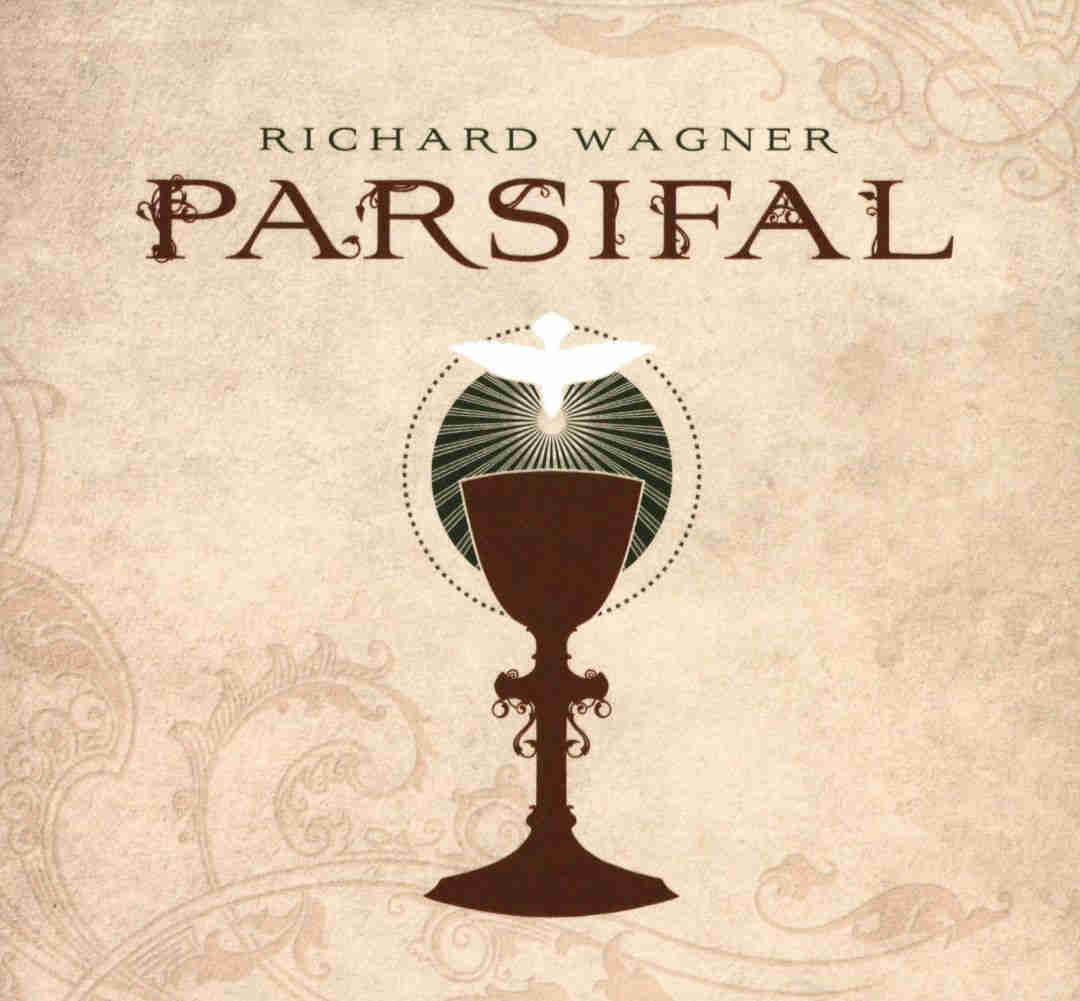Parsifal
Cast
| Amfortas | Theo Adam |
| Titurel | Fred Teschler |
| Gurnemanz | Ulrik Cold |
| Parsifal | René Kollo |
| Klingsor | Reid Bunger |
| Kundry | Gisela Schröter |
| Gralsritter | Horst Gebhardt |
| Hermann Christian Polster |
Gallery
Reviews
Parsifal
| Amfortas | Theo Adam |
| Titurel | Fred Teschler |
| Gurnemanz | Ulrik Cold |
| Parsifal | René Kollo |
| Klingsor | Reid Bunger |
| Kundry | Gisela Schröter |
| Gralsritter | Horst Gebhardt |
| Hermann Christian Polster |
Listeners accustomed to deliberate and devotional interpretations of Wagner’s Parsifal are in for something completely different here. Although the booklet notes liken Herbert Kegel’s unusually swift tempos and gaunt orchestral textures to the aesthetic governing Debussy’s Pelléas et Mélisande, there’s a sense of detachment to this 1975 live performance’s hard-nosed momentum that wouldn’t be out of place in Brecht/Weill. This is especially true in set pieces. For example, Kegel determinedly deconstructs the Grail Processional Music and the Good Friday Spell, trading gravitas and solemnity for a sprint through the park. The Flowermaidens at the beginning of Act 2 materialize in the blink of an eye and attempt to seduce Parsifal within the time constraints of speed dating. On the other hand, Kegel’s tempos refreshingly vivify Gurnemanz’s lengthy discourses in Acts 1 and 2, further stirring up the cumulative tension of Act 2’s central Kundry/Parsifal duet.
For the most part, the singers are excellent. René Kollo builds upon his ardent portrayal of the title role in the Solti studio recording for Decca, conveying a wider range of emotions and inflections. As Amfortas, Theo Adam ranks with the best on disc, and so does Ulrik Cold’s suave, musicianly Gurnemanz. Perhaps Fred Teschler’s bass timbre is a little young-sounding for the weathered Titurel, but Reid Bunger makes quite a resonant and malevolent impression as Klingsor. Mezzo-soprano Gisela Schröter’s strident, one-dimensional Kundry is the fly in the ointment, and she’s not completely comfortable in the role’s cruelly exposed high-lying passages (the first mention of Parsifal’s name; the scary high-B depicting her mocking of Christ).
The bright, vividly detailed sonics show off the Leipzig Radio Orchestra’s supple, responsive ensemble work under Kegel’s exacting leadership, although the blatty, vibrato-happy trumpets stick out like sore thumbs. The aforementioned booklet notes are in German and English; the libretto is in German only. Will you be fascinated or totally turned off by this idiosyncratic recording? Better to hear it for yourself.
Artistic Quality: 7
Sound Quality: 8
Jed Distler



